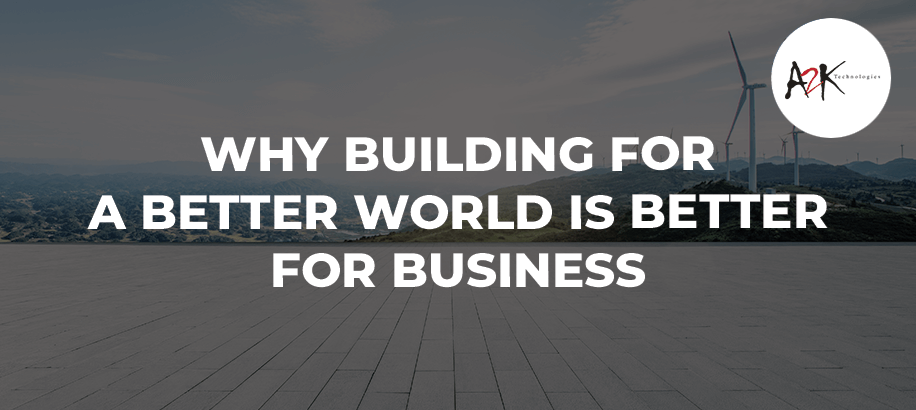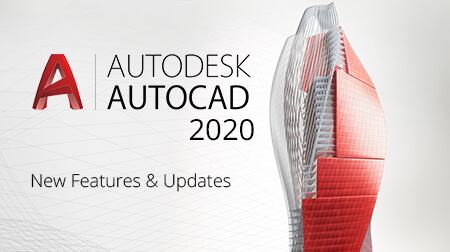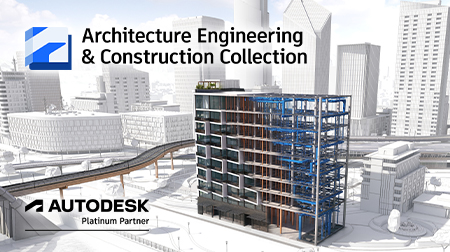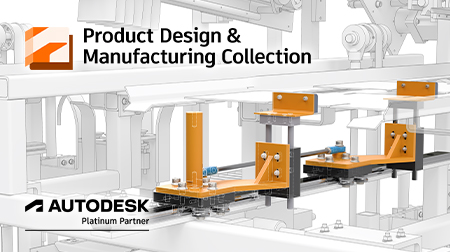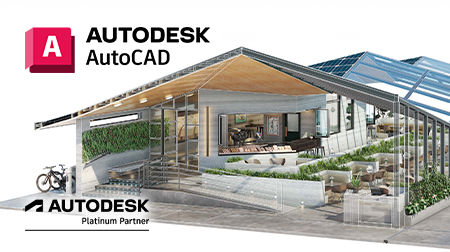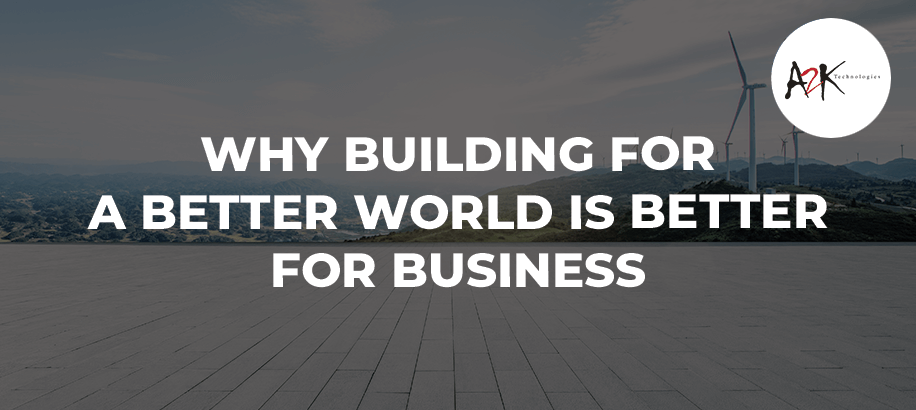
Why Building for a Better World Is Better for Business
The built environment plays a leading role in the health of the natural environment. But sustainable construction practices aren’t just good for the planet - they’re also good for business.
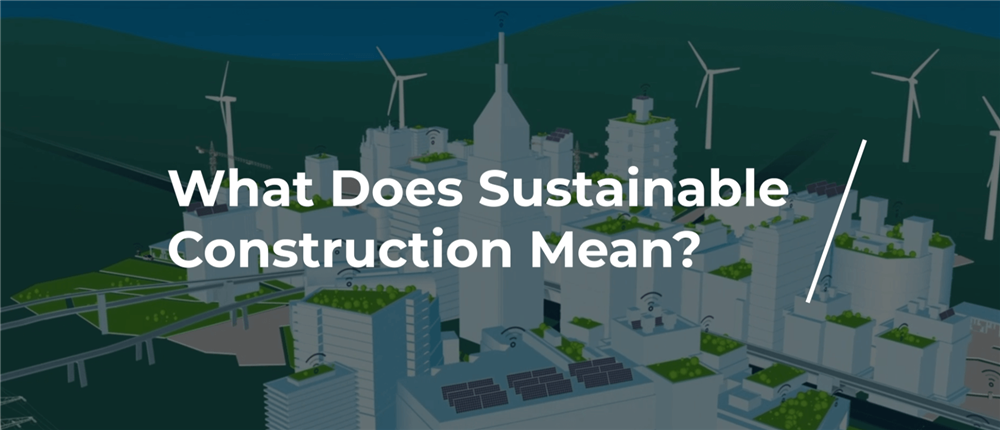
What Does Sustainable Construction Mean?
The Environmental Protection Agency defines sustainable construction as “the practice of creating structures and using processes that are environmentally responsible and resource-efficient throughout a building’s lifecycle from siting to design, construction, operation, maintenance, renovation and deconstruction.” The concept of sustainability, at its core, considers the resilience of the natural environment and the practices that impact it.
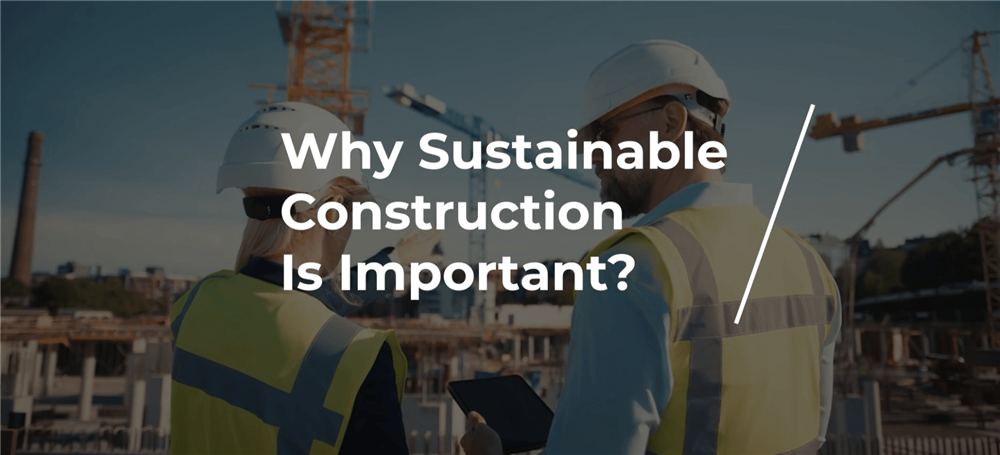
Why Sustainable Construction Is Important?
To understand why sustainable construction is important, start thinking big - really big. “If you look at climate change, I think the construction industry and the resulting buildings that are produced are 60% of the problem,” says Charles Kibert, director of the Powell Centre for Construction and Environment at the University of Florida.
Kibert says a significant portion of climate-change gases are associated with the built environment: the resource extraction, the manufacturing of materials, the operation of buildings, and the transportation systems that serve the way buildings are laid out and planned.

Exploring Sustainable Construction Methods
Sustainable construction methods span a lot of Ps: Products, Practices, Processes, and Policies. Sustainable construction methods begin in a project’s design phase and carry through to operation. Here are four such methods that are integrated into the construction phase.
1. Lean Construction
Lean construction is a collaborative approach to project delivery in which all stakeholders work together to optimise the project and minimise waste wherever possible.
2. Prefab, Modular, and Industrialised Construction
The environmental benefits of industrialised construction are significant. The prefabrication processes include using fewer natural resources, reducing pollution, and optimising material usage. Sites that offer safer working conditions, reduced operational energy and off-site construction minimises impact on communities.
3. Circular Construction
The circular construction economy approaches design and building with the intention to reduce, reuse, and recycle as many resources as possible. While design is central to the model, builders can divert construction and demolition materials from disposal by practicing source reduction, salvaging, recycling, and reusing existing materials, and buying used and recycled materials and products.
4. BIM and Sustainable Construction
Although Bim (Building Information Modelling) is mostly associated with design and preconstruction, it benefits every phase of the project lifecycle. BIM processes introduce so many efficiencies that employing Bim would almost always reduce a construction project’s environmental impact. When someone really invests in adopting BIM, the project’s going to run smoother and they’re going to make fewer errors. They can generate less waste and reduce their carbon impact.
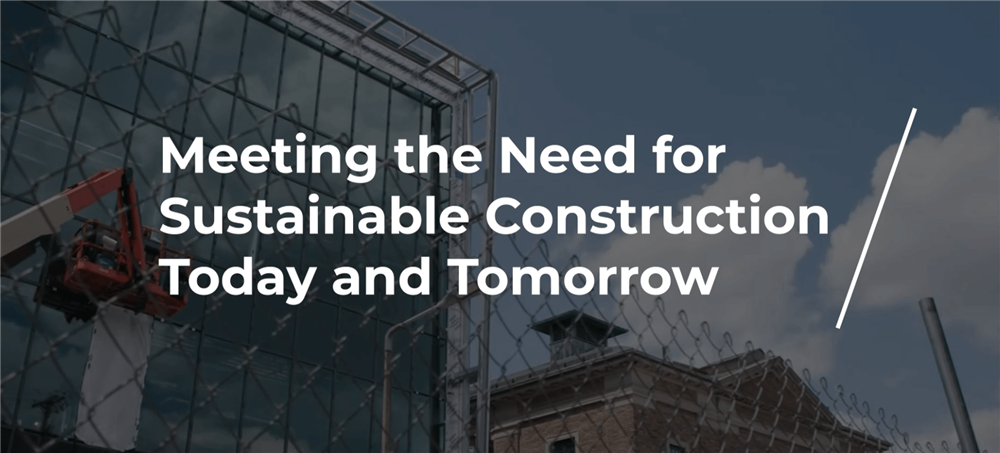
Meeting the Need for Sustainable Construction - Today and Tomorrow
These truths are indisputable: The earth has finite resources, a growing population, and a critical need for sustainable construction. Ultimately, adopting sustainable construction techniques prepares construction companies - and their clients - for the future. The learning curve will get easier, and outlying processes will become best practices as more stakeholders respond to the need for sustainable construction.
Communities around the world are starting to get it, so companies that are behaving responsibly have the advantage of more business. The younger people coming out of college - the people we want to hire to be leaders and managers of people - they want to be with a company they can be proud of because they are doing the right things, with sustainability and environmental protection as some of their core values.
Watch the video below:


